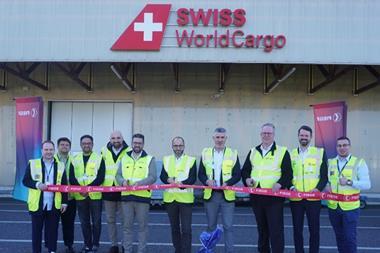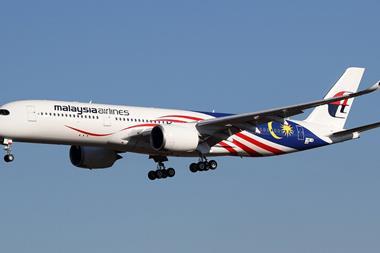Swiss WorldCargo, Swiss Post and Matternet are teaming up to test the deployment of drones, including their potential use for internal logistics and the last mile delivery of small packages.
The air cargo division of Swiss International Air Lines, the Swiss postal group and the US-based manufacturer of drone technology will research the practical uses of unmanned aircraft and the business case to support such a development.
The first tests involving drones are scheduled to take place this summer, in Switzerland.
The primary aim of the pilot project is a “proof of concept to clarify the legal framework, consider local conditions and explore the technical and business capabilities of the drones,” said a joint statement.
The partners will test a number of Matternet One drones, vehicles designed for transporting small packages.
Matternet One’s centrally-located payload makes it easy to load and unload, while the lightweight but strong drone can transport a one kg load further than 20 km on a single battery charge.
The drone is capable of “autonomous operation”, following secure routes generated by Matternet’s proprietary cloud software.
Dieter Bambauer, head of PostLogistics, Swiss Post, said: “With drone technology, we are testing a possible means of transportation of the future already today. Swiss Post aims to always be in tune with customer needs.”
Oliver Evans, chief cargo officer, Swiss International Air Lines, said: “As a specialist and global leader in the transportation of high-value and care-intensive shipments, Swiss WorldCargo is keen to explore any new technology which promises to increase reach, speed or reliability while at the same time reducing costs or environmental impact.
“Likewise we are keen to explore new types of collaboration with partners in the supply chain, from technology partners like Matternet to service partners like Swiss Post. “
Andreas Raptopoulos, chief executive of Matternet, said: “We are extremely excited to bring Matternet One to Switzerland, one of the most technologically-advanced countries in the world, and discover how this new transportation paradigm will bring tremendous value to our partners, their customers and the country at large.”










